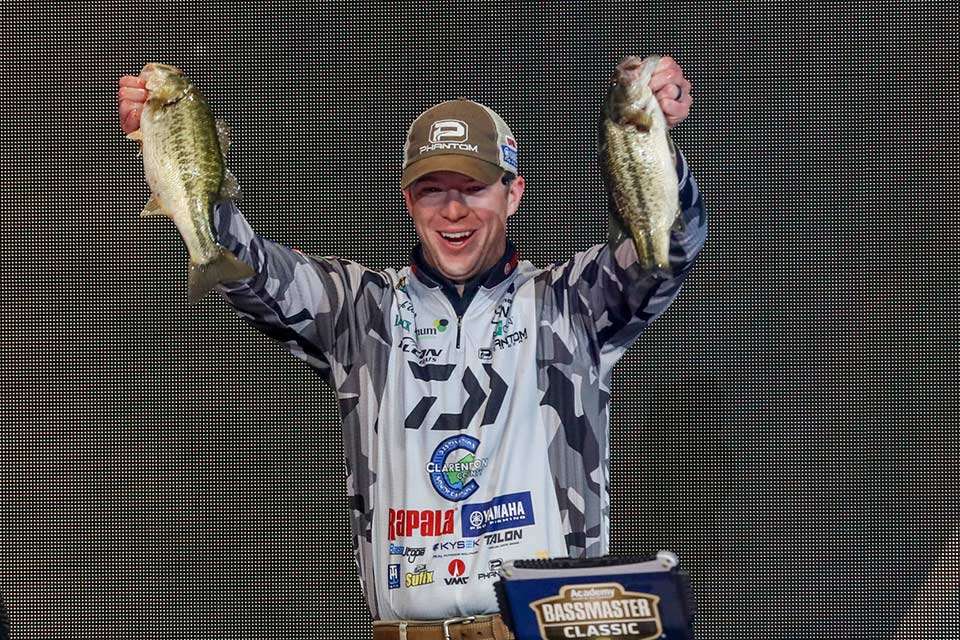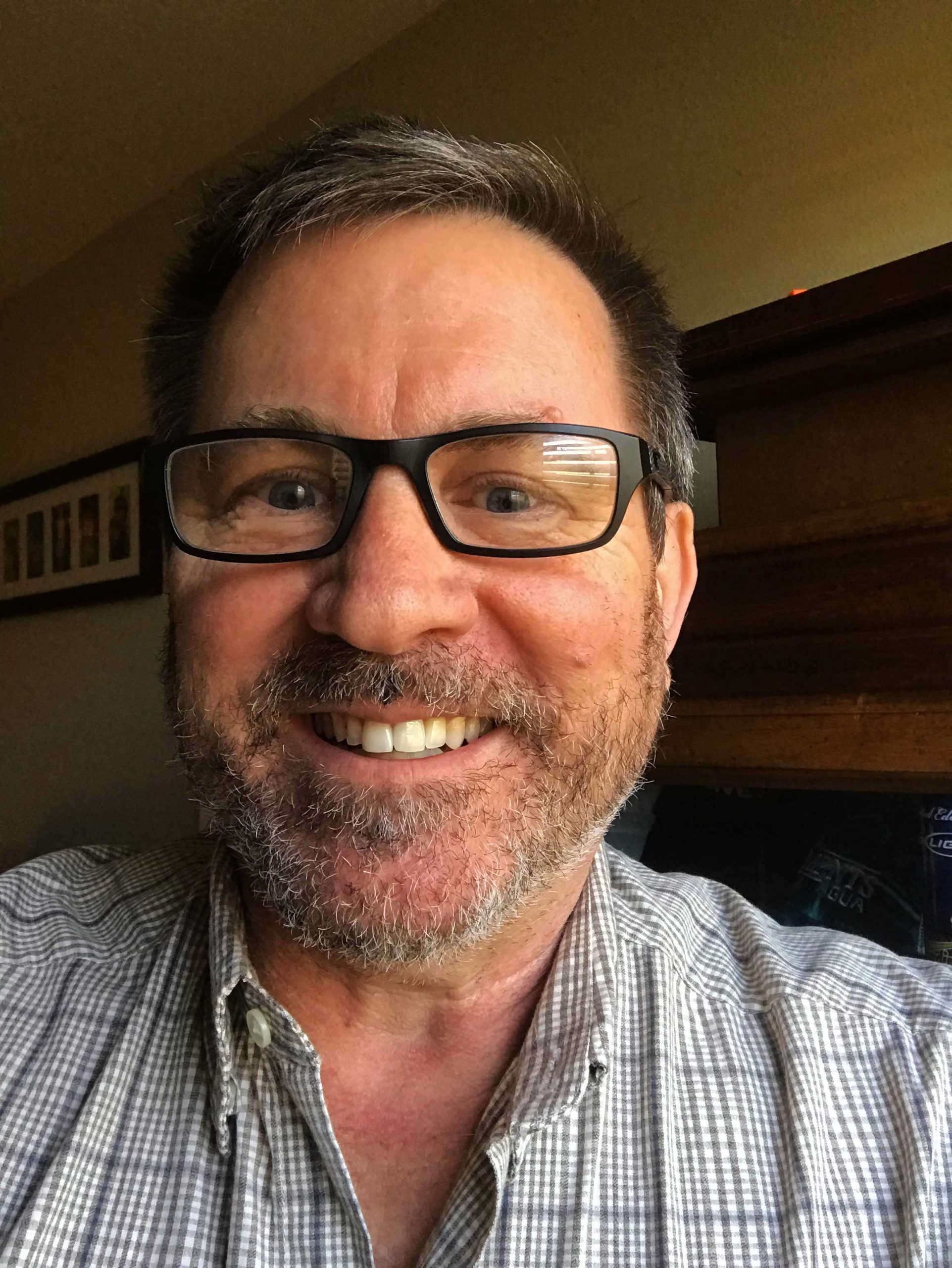
And now for something completely different.
The revised Bassmaster Elite Series schedule will have the anglers doing something many haven’t done in years, or ever, and that’s compete in the fall.
The COVID-19 pandemic postponed spring events, forcing B.A.S.S. to shuffle things up. The announcement of new tournament dates, which get under way June 10-13 at Lake Eufaula, has the anticipation growing. Second-year Elite Patrick Walters sums up the prevalent feeling of anglers.
“Excited. Ready to fish,” he said. “Just ready to get in the truck, put the camper on there, hook the boat up and roll. I’m looking forward to it.
“I don’t care where we’re fishing; I don’t care if it’s a mud hole. I don’t care what time of year. I’m happy we’re finishing the season out. That’s the biggest thing, with sponsor obligations, you plan on fishing eight more, and it’s good we’re going to.”
Most Elites say the hiatus since the St. Johns in February has been much too long. After Eufaula, the Elites must again bide their time until back-to-back-to-back July events in New York then Lake St. Clair in August, which electrifies smallmouth aficionados like Brandon Palaniuk.
“I’m super excited about it. I think that it shakes things up and offers a lot of new opportunities,” Palaniuk said. “I think it’s really cool that our season is going to kind of start in a lot of smallmouth heavy events. The fall stuff, that’s going to be a huge learning curve.”
After September off, the Elites compete on Santee Cooper Lakes then Chickamauga Lake in October before the season finale in early November in the Toyota Bassmaster Texas Fest on Lake Fork.
“That’s going to be something new for me, because I’ve never fished in the fall, or in the South during the fall, not competitively,” Palaniuk said. “I’ve very rarely even fished because by the time the season is over, I just head home.
“Even if we’re going to bodies of water I’ve been to before, I’m going to them at a different time of year than I’ve ever fished them.”
Originally, the spring events at Chickamauga, Eufaula, Santee Cooper and Lake Fork had anglers dreaming of reaching 100 pounds and earning Century Belts, but the time switch thwarts expectations. Nonetheless, Keith Combs is pleased with the changes.
“I loved it the moment I saw it,” Combs said. “It was great schedule before, but I’m just as excited about the new schedule.
“I think you’re going to see your best fisherman on tour rise to the top this year, because it’s going to be difficult and there’s going to be a variety of different ways to approach a tournament. You’re not going to able to pick up an Ocho and sling it around for spawners. You’re going to have to do a lot of different things to win AOY this year. I’m pumped about that.”
This schedule pushes the Elites beyond prevalent spawning events. St. Johns and the Classic on Guntersville were around the spawn, Combs said, but he’s happy to expand fishing horizons.

“It’s bucking the system, and guys really good at that type of fishing can showcase their skills,” he said. “This schedule is well-rounded — offshore and flippers and jerkbait fishermen, they’re going to be able to do their thing.”
Combs, of Huntington, Texas, has won Texas Fest’s predecessor derby three times, including a three-day record weight of 110 pounds at Fork. He said he’s most often asked if he’s disappointed the tournament was moved from June.
“Not really, because those patterns have been exposed,” he said. “We’re going to fish some places at not the ‘normal’ times. I don’t really like going back to places at the same time year after year, because so many people are going to go do what the winner did.”
Last year’s winner Brandon Cobb and second-place Garrett Paquette eclipsed 100 pounds at Fork, and Combs thinks that mark is still a possibility even though it will be tougher overall. Anglers will require more patterns or areas in November.
“I think you’ll still see a 100-pound bag. I don’t think you’ll see multiple guys doing that,” Combs said. “I think weights will be more sporadic. You may see high 20s or a 30-pound day and then backing it up with mid-teens. It will be hard for guys to duplicate big bags every day. I’ve never fished Fork that time of year. I’m basing that on how Rayburn and Toledo fish that time of year.
“I think you won’t be dealing with those giant schools. When I’ve caught big weights there, it’s been out of a big school I can go to several times over the course of a tournament. You’ll have to have a lot more areas, which will be a lot more difficult.”
Texas pro Frank Talley said he might just have a fall advantage that could help redeem himself from last year’s disappointing season.
“I love fall fishing, no doubt,” Talley said. “Come September, most people get deer-brained, and they don’t really fish a lot. Since Bassmaster has gone to a spring/summer schedule, fall fishing has kind of fell off the chart and hunting takes over.”
Hunting is big for Talley, too, but his land in west Texas near O.H. Ivie Reservoir allows him to double down and learn about the haunts and habits of fall bass.
“I hunt during the morning and late evenings and fish during the day, October, November and December, so I stay in tune,” he said. “I’m probably on the water more those three months than I am the rest of the year.
“Fall fishing is key to one thing, bait. The fish, that’s all they want, to feed up for the wintertime. If you keep up with the bait, you’re going to be finding the fish.”
Walters, of Summerville, S.C., lists Santee Cooper as his home waters and favorite fishery, and he’s enthusiastic that the season winds down in his neck of the woods, somewhat a reversal of fortunes.
“I’m chomping at the bit for those. I’m glad that we’re going to end in the South for a couple reasons,” he said. “I love southern fisheries. I’m not going to say I have a better understanding, I just prefer those styles of fisheries.”
Last year, Walters led the Bassmaster Angler of the Year race after the first five tournaments. Missing cuts with 57th-place finishes at Guntersville and St. Lawrence dropped him out of contention, but he took third in Rookie of the Year points.
“So AOY, I started off strong in the South last year, and when we got up north, the main problem I had was I knew what to do, and I didn’t stick to it,” he said. “I fished for largemouth a lot and was learning during the northern swing. But I think it’s good we’re going to have that northern swing in the middle, and you can get your ground back the last three tournaments. I’m looking forward to some tough ones.”
To a man, all the Elites are excited to get back to competition, win, lose or fall.

